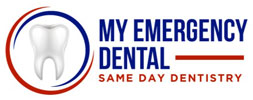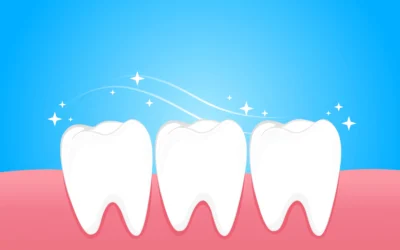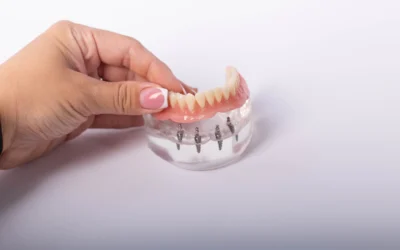Adults have sharp teeth in the front to tear pieces of food from a larger bit, while the molars grind food to pulp before digestion. More than half of adults develop three sets of molars. The first ones emerge around age six, then age twelve, and the final set between age 18 and 20. Yet most adults don’t have room in their mouths for the third set.
Scientists speculate that our ancestors had bigger jaws, which accounted for more teeth. Another theory is that the rougher diet of early man, combined with less dental hygiene, led to people losing teeth, and the third set of molars would move in and fill the gaps. Whatever the reason, the third set of molars (called wisdom teeth because they grow later in life) often cause problems. They can grow into other teeth, pushing them out of alignment, getting stuck, and causing damage to the gums.
Here are three reasons your dentist may recommend you have your wisdom teeth removed.
1. Pericoronitis
This condition occurs when wisdom teeth breach the surface of the gums but do not emerge completely. It is one of the more common problems individuals experience when their wisdom teeth try to come in. Because the teeth are coming in at the back of the mouth where it’s hard to clean, it’s hard to keep the area free of bacteria. Bacterial overgrowth can lead to an infection that irritates the gums and breaks down tissue, making chewing and brushing painful.
Signs of infection include:
- Red swollen gums
- Bleeding gums
- Pus oozing around teeth
- Bad taste in your mouth
- Bad breath
- Jaw pain
- Stiff jaw
- Difficulty moving your mouth
- Fever
Your dentist will likely prescribe an antibiotic to calm the infection before treatment.
2. Cyst Development
A cyst is a fluid-filled sac that grows on bodily tissue. They aren’t always infectious, but they can be. They can grow larger and break down the surrounding tissue, damaging bone and teeth. The best way to get rid of a cyst so it cannot grow back is to remove the sac with all its contents. If developing wisdom teeth create a cyst in your gums, that cyst is difficult to treat without removing the new teeth. Removing the wisdom teeth and the cyst will prevent the cyst from returning.
3. Crowding Teeth
When teeth don’t break through the gums and are crowded together, they can grow toward other teeth. Wisdom teeth can force other teeth out of alignment. They can:
- Make teeth crooked
- Damage to the root of nearby teeth
- Damage to the jaw bone
- Cause teeth to crack
- Cause uneven wear on teeth
- Cause jaw pain
Your dentist can keep an eye on your developing wisdom teeth and update you periodically about their development. They may also be able to tell you if they believe there will be enough space in your jaw for this third set of molars. In many cases, it is possible to make a plan for future extraction when the time is right.
Do Wisdom Teeth Always Cause Problems?
No. Some people have jaws big enough to allow the wisdom teeth to grow properly. And, nearly half the population doesn’t grow wisdom teeth at all. It isn’t necessary to extract wisdom teeth unless they are causing problems or x-rays show they will cause problems as they grow.
How Do I Know If I Need My Wisdom Teeth Pulled?
Ideally, you see a preventative care dentist every six months for a deep cleaning. As part of that exam, you will get x-rays of your teeth at least once a year. X-rays will show if you have wisdom teeth, if there is room for them to emerge, and if they are oriented so that they will emerge without damaging other teeth.
Other indicators are jaw pain, signs of infection, and difficulty chewing or talking. If you experience these symptoms, it’s time for a same-day dentist appointment and, if possible, a same-day wisdom tooth extraction.
If you need surgical intervention, the best time to get your wisdom teeth pulled is in your late teens or early twenties when the wisdom teeth roots are still forming and the jaw isn’t as dense as an adult’s will be. However, every person’s teeth and jaws develop on a unique timeline. Your dentist will be the best person to determine when or if your wisdom teeth need to be removed.
Final Thoughts
While you might prefer to miss out on the fun, stop following the crowd, and skip out on the wisdom tooth extraction experience, that might not be the best plan for you. Ignoring the pain they can cause or allowing them to shove other teeth out of line can lead to more significant problems down the line. In the hands of a skilled professional, wisdom tooth extraction can be an inconvenience that leads to better oral health and gives you a great reason to enjoy your favorite ice cream flavor.



